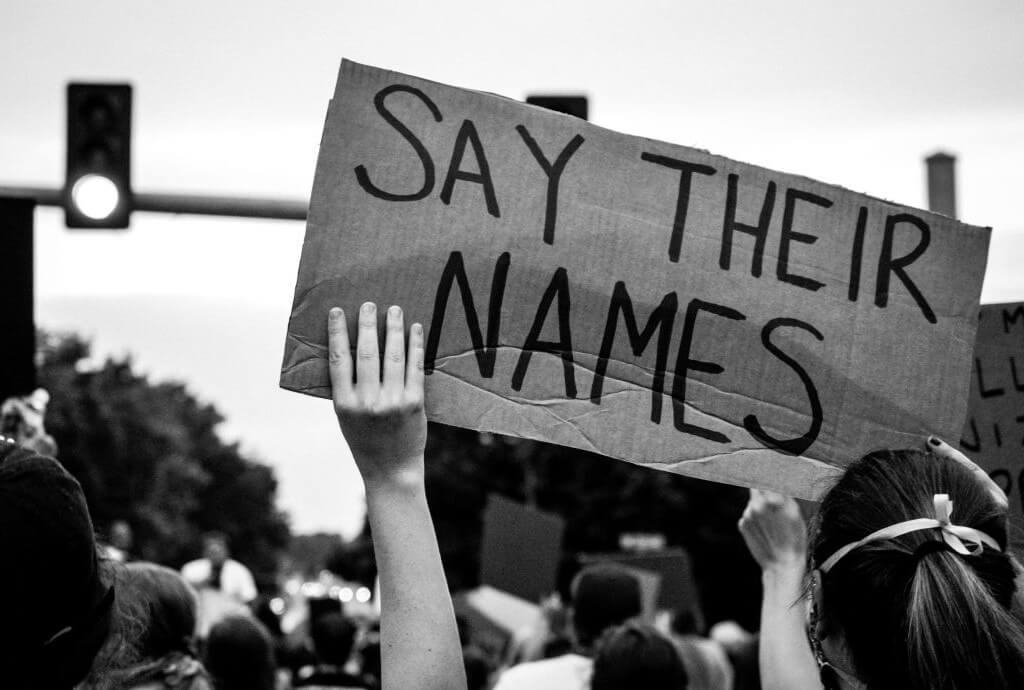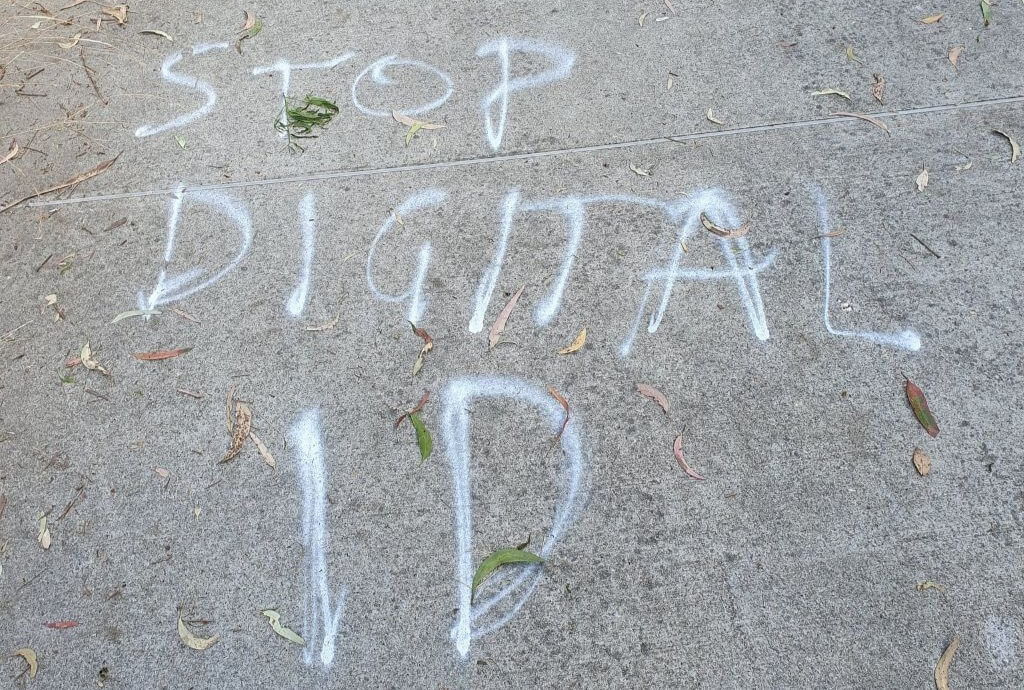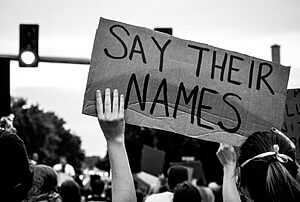Summarised by Centrist
Benefit dependency in New Zealand has reached an all-time high, with over 409,000 individuals receiving a main benefit in December 2024.
While seasonal rises are typical due to students entering the system, this figure marks the highest absolute number ever recorded, surpassing even the 1990s peak.
Currently, 12.6% of the working-age population—one in eight people—rely on welfare, the highest percentage since the Global Financial Crisis.
Furthermore, this dependency affects more than 230,000 children, which potentially perpetuates intergenerational reliance on benefits.
Social commentator Lindsay Mitchell warns that welfare dependence is fueling broader societal issues and criticises the lack of media attention. “New Zealand’s longstanding love affair with social security prevents a dispassionate assessment,” she writes, arguing that the system is now frequently abused.
Mitchell also critiques the government’s response. Social Development Minister Louise Upston’s goal of reducing 50,000 Jobseeker recipients by 2030 has been labelled “underwhelming.”
Mitchell points to issues such as sole parents, debilitating addiction, and the growing numbers becoming reliant on all main benefits. She asserts, “New Zealand is carrying hundreds of thousands of people who are quite capable of carrying themselves.”
Mitchell suggests the welfare state, once aimed at supporting the genuinely needy, has evolved into a system that discourages self-reliance, reflecting a cultural shift towards over-reliance on social security.
Read more over at Bassett, Brash, and Hide
Image: rawpixel.com


















